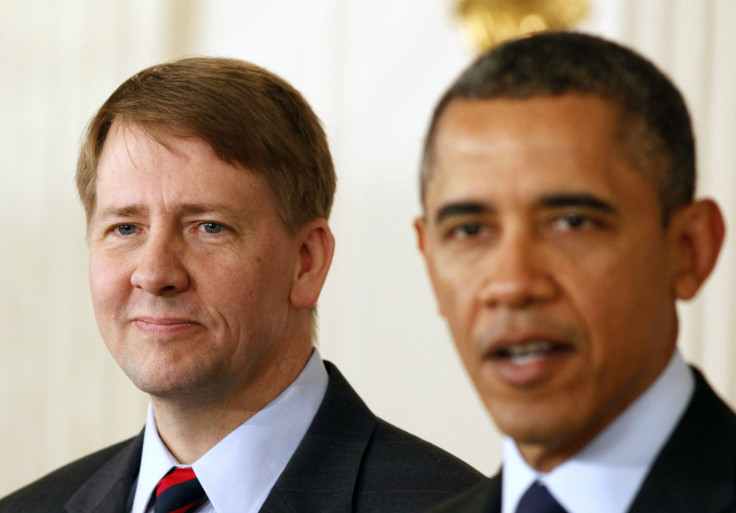NLRB May Be Inundated By Rising Tide Of Legal Challenges Over The Lack Of A Quorum

Hundreds of decisions made by the National Labor Relations Board since Jan. 4 of last year could be challenged in the wake of a federal appellate court opinion on the unconstitutionality of three of U.S. President Barack Obama's appointments to the NLRB.
Obama appointed Sharon Block, Terence F. Flynn, and Richard F. Griffin to the five-member NLRB without the advice and consent of the Senate, purportedly under the authority afforded him by the U.S. Constitution's recess-appointments clause, which reads: "The President shall have Power to fill up all Vacancies that may happen during the Recess of the Senate, by granting Commissions which shall expire at the End of their next Session."
However, a three-judge panel of the U.S. Court of Appeals for the District of Columbia Circuit unanimously opined Friday that the Senate was not in an intersession recess but in an intrasession recess at the time of the presidential appointments on Jan. 4 of last year, which means none of the three met the threshold criterion necessary to be considered a recess appointment.
Chief Judge David B. Sentelle was joined by Circuit Judges Thomas B. Griffith and Karen L. Henderson in hearing the case before the court, Noel Canning v. NLRB (Case No. 12-1115). Together, the court opinion filed by Sentelle and the concurring opinion filed by Griffith run 45 pages.
The judges agreed, "At the time of the President’s purported recess appointments of the three Board members, the Senate was operating pursuant to a unanimous consent agreement, which provided that the Senate would meet in pro forma sessions every three business days from December 20, 2011, through January 23, 2012."
Therefore, the judges concurred: "Considering the text, history, and structure of the Constitution, these appointments were invalid from their inception. Because the Board lacked a quorum of three members when it issued its decision in this case [centered on a labor-management dispute between a local union of the International Brotherhood of Teamsters and Noel Canning, a division of the Noel Corp.] on February 8, 2012, its decision must be vacated."
The White House obviously had a different take on the matter, with press secretary Jay Carney claiming at a press briefing: "[T]he decision is novel and unprecedented. It contradicts 150 years of practice by Democratic and Republican administrations, so we respectfully but strongly disagree with the ruling." Carney said the Justice Department would handle any appeal of the court's decision.
NLRB Chairman Mark G. Pearce also reacted to the court's ruling by saying in a statement: "The Board respectfully disagrees with today’s decision and believes that the President’s position in the matter will ultimately be upheld. It should be noted that this order applies to only one specific case, Noel Canning, and that similar questions have been raised in more than a dozen cases pending in other courts of appeals."
In any event, the issue appears destined to eventually make the docket of the U.S. Supreme Court, which could clarify a president’s authority in filling the empty offices of the executive branch and making nominations to the judicial branch while a minority of the Senate refuses to consider his choices.
(Ironically, Chief Judge Sentelle himself will be transitioning to senior status Feb. 12, according to the U.S. Courts. As a result, the nomination of his successor on the D.C. Circuit Court of Appeals will give Democratic President Obama and Republican senators another bone of contention in the staffing area.)
The NLRB is a creature of the National Labor Relations Act -- aka the Wagner Act -- signed into law by President Franklin D. Roosevelt during the Great Depression on July 5, 1935. The board was designed to help guarantee the rights of employees to bargain collectively.
To put the potential effect of the D.C. Circuit Court of Appeals action Friday in perspective, the NLRB has reported there were 341 board decisions in fiscal year 2012, which ran between Oct. 1, 2011, and Sept. 30, 2012. Among these decisions, 277 involved cases of alleged unfair labor practices and 64 involved cases of labor-union representation, including elections.
Clearly, it's morning in America -- for litigators with labor-management practices.
© Copyright IBTimes 2024. All rights reserved.






















